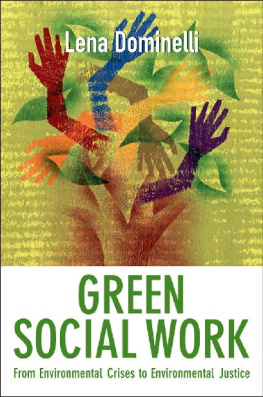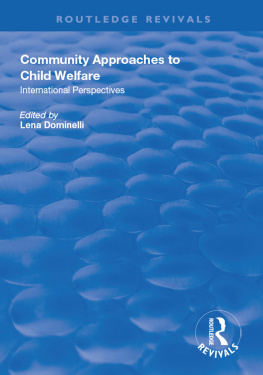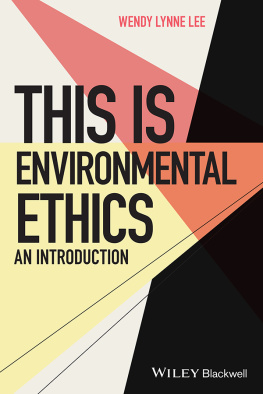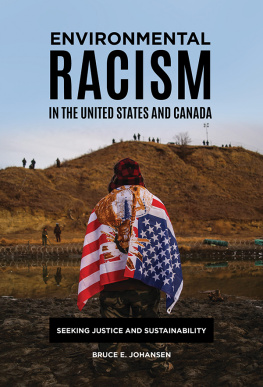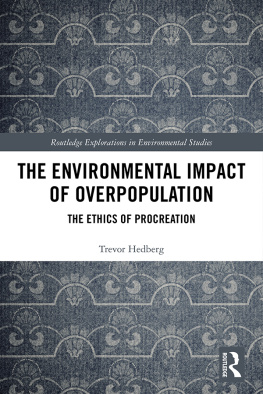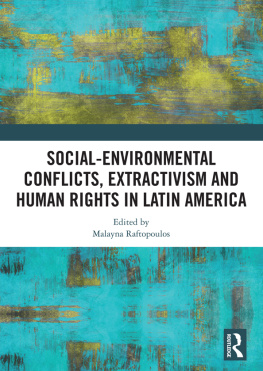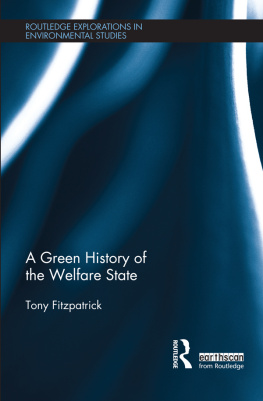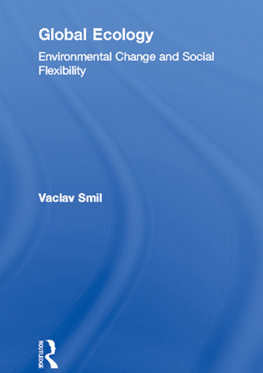Copyright Lena Dominelli 2012
The right of Lena Dominelli to be identified as Author of this Work has been asserted in accordance with the UK Copyright, Designs and Patents Act 1988.
First published in 2012 by Polity Press
Polity Press
65 Bridge Street
Cambridge CB2 1UR, UK
Polity Press
350 Main Street
Malden, MA 02148, USA
All rights reserved. Except for the quotation of short passages for the purpose of criticism and review, no part of this publication may be reproduced, stored in a retrieval system, or transmitted, in any form or by any means, electronic, mechanical, photocopying, recording or otherwise, without the prior permission of the publisher.
ISBN-13: 978-0-7456-5400-3
ISBN-13: 978-0-7456-5401-0(pb)
ISBN-13: 978-0-7456-6204-6(Single-user ebook)
A catalogue record for this book is available from the British Library.
The publisher has used its best endeavours to ensure that the URLs for external websites referred to in this book are correct and active at the time of going to press. However, the publisher has no responsibility for the websites and can make no guarantee that a site will remain live or that the content is or will remain appropriate.
Every effort has been made to trace all copyright holders, but if any have been inadvertently overlooked the publisher will be pleased to include any necessary credits in any subsequent reprint or edition.
For further information on Polity, visit our website: www.politybooks.com
Dedicated to my mother, Maria G Dominelli and to my great friend, Katherine A Kendall
Acknowledgements
There are so many people to thank when writing a book that encompasses so much territory. You are located all over the world, and too numerous to mention by name. But my gratitude for your inspiration, help and words of comfort is extensive. Without your encouragement and assistance this book would not have been written. Also, I am indebted to the Economic and Social Science Research Council (ESRC) for providing the bedrock on which Green Social Work rests. Its funding of Internationalizing Institutional and Professional Practices: Community Partnership Models of Change in Post-Tsunami Sri Lanka, a project on the 2004 Indian Ocean Tsunami, and the experiences of supporting disaster survivors through the Disaster Intervention on Climate Change Committees of the International Association of Schools of Social Work (IASSW) sparked my interest and research into a wide range of disasters, resilience and the indomitable human spirit.
I want to thank my family for the endless support they have offered when I am stressed out by the writing project, technology going wrong, and all the other awful things that happen in daily life that call upon our resilience and supportive networks. You were always there for me and helped me move on with the task to hand.
I also thank the publishers for their endless words of encouragement and willingness to see the project to its completion. And, although I express my gratitude to all my colleagues at the School of Applied Social Sciences and the Institute of Hazards, Risk and Resilience Research at Durham University for their support of this venture, I wish, however, to identify and especially thank several of them individually Tom McLeish, Stuart Lane and Simon Hackett for ensuring that I engaged wholeheartedly with the physical and natural scientists to show that the world can become a better place if the disciplinary divide in the sciences can be overcome and we work together.
Lena Dominelli
Introduction
Setting the Scene
Environmental crises and their impact on diverse populations across the globe have challenged social work practice at the beginning of the second decade of the twenty-first century not only by the frequency of their occurrence, but also by their complexity and the substantial damage caused to the Earths physical environment and well-being of the countless numbers of people, animals and plants living in it. Those linked to natural hazards such as the 2010 earthquakes that occurred in Haiti, Chile and Christchurch and the 2011 earthquakes in Christchurch and Japan, the latter of which also encompassed multiple hazards caused by a tsunami and radioactive leakages, have overwhelmed the helping services by the magnitude of the damage caused. They have also highlighted the linkages between human behaviours, economic imperatives and social policies and the extent of suffering experienced by victim-survivors. For example, corruption among the elites of Haiti, the inability to observe building regulations in Chile, and corporate secrecy in Japan meant that the damage was more extensive than it need have been and that emergency responses were hampered by the lack of information, infrastructures and resources vital for dealing with these catastrophes. Poor women, children and men bear the brunt of these failures. Victim-survivors experiences demand transformations in the conceptualization of and responses to disasters, as does caring for the environment. Social workers, as the professionals responsible for safeguarding human well-being must rise to the challenges posed by this state of affairs.
While social workers have provided humanitarian assistance and counselling services to those on the ground, their voice has scarcely been heard in the media. Additionally, it is absent from many of the decision-making structures formulating policy for preventing large-scale devastation in the future, and addressing needs during calamitous events and afterwards. Social workers lack of involvement is not unexpected. Their tasks involve supporting those requiring assistance. But they rarely have time to engage with the wider issues of practice, including the development of social policies that draw lessons from micro-level practice and affirmation of their expertise when other professionals extending their roles seek to appropriate it. The profession has a wide-ranging remit, but social workers have played a minor role in deliberations about the deleterious impact of environmental disasters on peoples well-being, in local communities and globally.
Except for community workers, those intervening in deprived localities with poor housing stock have seldom taken action to raise consciousness about the appalling physical surroundings in which service users or clients live. Social workers might advocate for a family needing a new home to protect children suffering from respiratory ailments caused by damp, mouldy housing, but, unless they are community workers, they would not engage in collective action to repair or replace decrepit properties in an entire estate. Their voice has been virtually absent from climate change discussions. Yet, they work in different communities in the aftermath of environmental disasters, whether these are caused by climate change, nature, or industrial accidents like the one that occurred in Bhopal, India, or conflicts between populations like those happening in the slums of Nairobi in Kenya. In the latter, refugees escaping the loss of grazing lands through droughts that had destroyed traditional lifestyles became embroiled in tense confrontations with existing slum dwellers.
This book contributes to filling the gap in the literature caused by the shortage of publications that specifically address environmental issues from a social work perspective, advocating for and strengthening the voice of social workers who support people during disasters at policy-making and practice levels, however and wherever these take place. There are a limited number of texts that address what has been termed environmental social work and ecological social work. I focus on what I call green social work because I want to produce a book that transcends the concerns of ecological social work, which is a systems-based approach to the mainstream social work preoccupation with the person in their environment, usually defined as their social environment (Van Wormer and Besthorn, 2011), e.g., Gill and Jack (2003). Such writings tend to ignore power relations based on geo-political social structures that have a deleterious impact upon the quality of life of poor and marginalized populations and the Earths flora and fauna. They also fail to endorse action that could secure the changes necessary for enhancing the well-being of both human beings and the planet, I argue that green social work focuses on how responses to environmental crises must both challenge and address poverty, structural inequalities, socio-economic disparities, industrialization processes, consumption patterns, diverse contexts, global interdependencies and limited natural resources.

